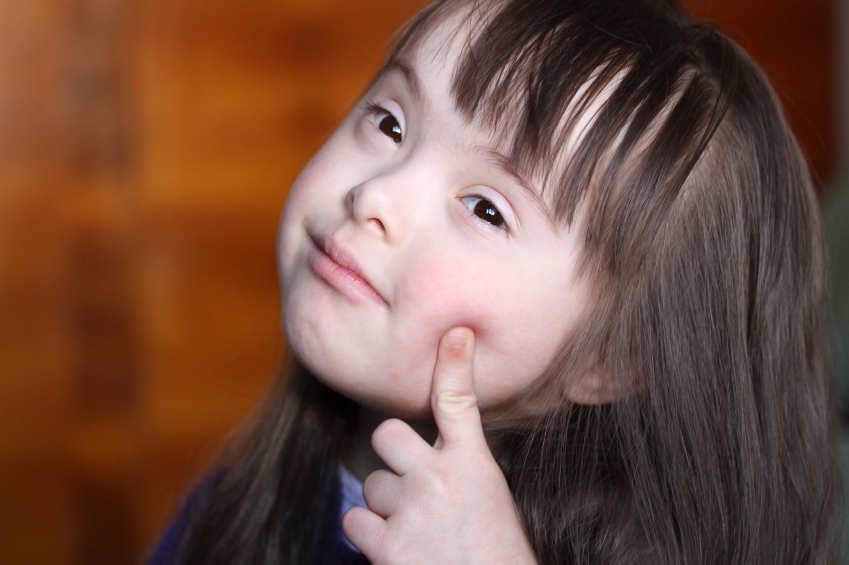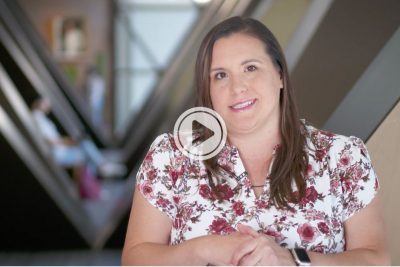“Tick tock, tick tock.” What do those words make you think and feel as a parent? Time is precious. Kids grow up so fast.
Do you take your time, allowing your preschooler to dress and put on her shoes by herself, saying encouraging words and smiling knowing you will be late? Or, do you swoop in, dress her, grab her backpack and run out the door to arrive on time?
Do you do the dishes, laundry and cleaning all night or do you lower your standards for the perfect house and sit down to help your son put together his new Legos model or your daughter play her favorite board game?
Time with your children, actively engaged, teaching and playing is so important to raising a happy, healthy child. All parents instinctively know this. But, putting aside life’s other demands to spend that time is a struggle. Many parents wonder if that time spent really matters.
It does. And there’s new research to prove it.
A new study found, with brain imaging, the impact the time you spend with your children has on his brain; how much positive impact you can have just by spending time together.
The research shows that early maternal support and nurturing has a strong positive effect on brain development in young children. Studies done on children in orphanages years ago gave us a first glimpse at this knowledge. The children were given good physical care: food, warm clothing, etc. but lacked nurturing. Their health was impacted. Some actually died from consequences related to lack of maternal nurturing and contact.
This new study shows that not only can nurturing prevent negative effects on the body, it can cause positive effects on the brain. Positive early nurturing can make the brain grow larger in certain areas. In this study, researchers found that supportive caregiving during the preschool years predicted larger hippocampal volume at school age in healthy children.
The hippocampus is an important area of the brain assisting with memory and stress modulation.
“This particular publication is unique in that it combines observational data of parent-child interaction at preschool with structural brain outcomes at school age,” Joan Luby, MD, professor of child psychiatry and director of the Early Emotional Development Program at Washington University School of Medicine in St. Louis, who led the study, told Medscape Medical News.
In the study, children between the ages of 4 and 7 years, were closely observed and videotaped interacting with a parent, usually the mother, during a challenging and mildly stressful task.
How much or how little the parent was able to support and nurture the child in this stressful situation, which was designed to approximate the stresses of daily parenting, was evaluated by raters blind to the child’s health or the parent’s temperament.
“Whether a parent was considered a nurturer was not based on that parent’s own self-assessment. Rather, it was based on their behavior and the extent to which they nurtured their child under these challenging conditions. It was very objective,” said Dr. Luby.
Brain scans obtained at school age revealed that children without depression who had very nurturing mothers in preschool had a hippocampus almost 10% larger than their peers whose mothers were not as nurturing.
“It’s the first finding in humans of a clear link between early nurturance and hippocampal volume. A well-established link has been known in animals for more than 20 years,” Dr. Luby added.
My first thought after reading this study was, “How cool is that?” And how cool is it that Dr. Joan Luby is one of our own here at Washington University School of Medicine. I couldn’t agree with her more, and couldn’t be more proud to call her a colleague.





Very cool, indeed. Do you happen to know what behaviors were observed and measured to determine whether the parent was a nurturer and the extent of nurturing? The PNAS journal article only mentions that maternal nurturance was “objectively measured through structured observation.” Thanks for posting!